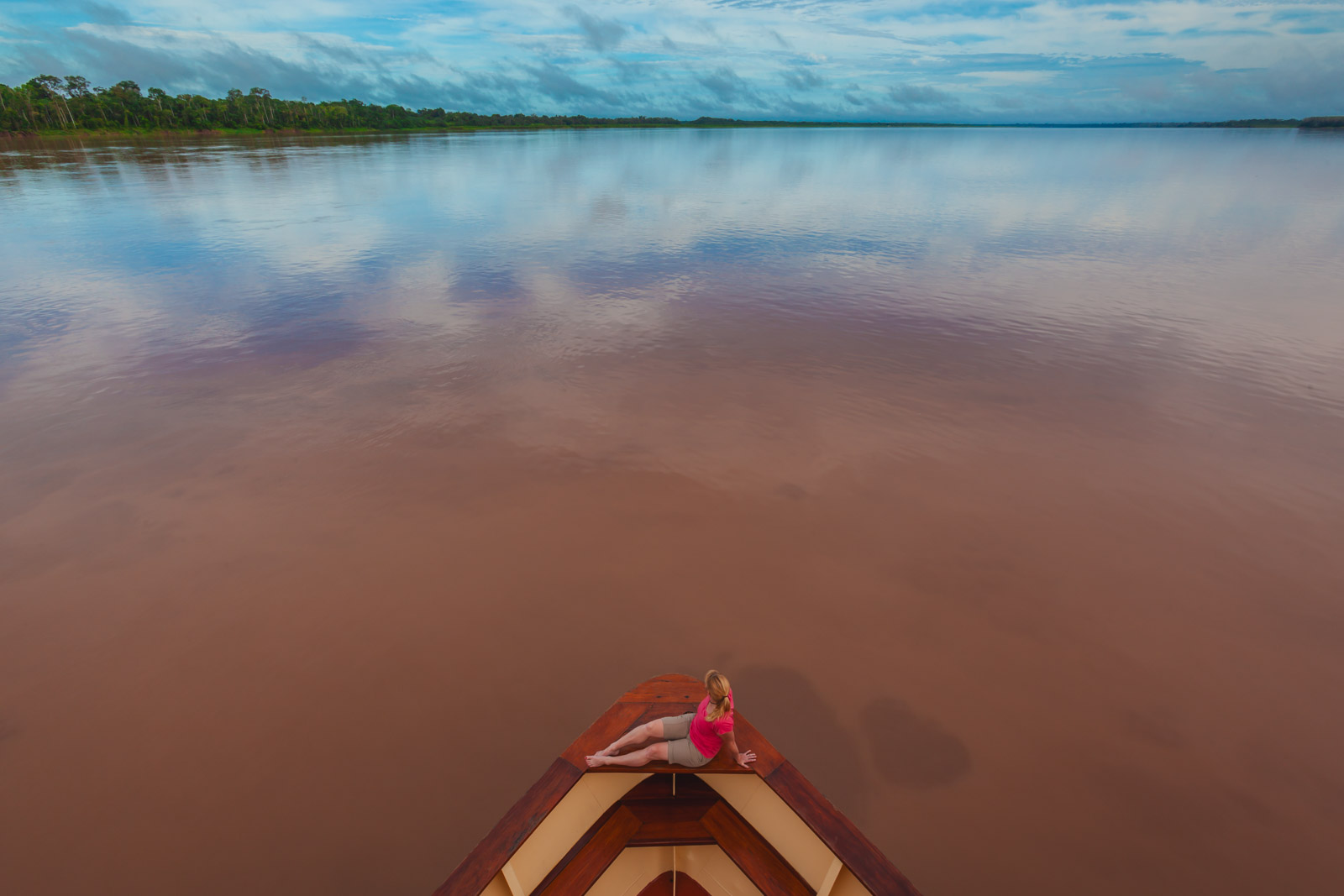Summary of Facts About Peru
- Interesting Facts About Peru
- 1. The Mystery of the Nazca Lines
- 2. Coca Leaves Are Great for Your Health
- 3. Peru Gave Us Potatoes & Tomatoes
- 4. Peru’s Geography Is Astoundingly Diverse
- 5. The Atacama Desert
- 6. Cotahuasi Canyon
- 7. The Amazon Rainforest
- 8. Lake Titicaca
- 9. Rainbow Mountain
- 10. Cerro Blanco Sand Dune
- 11. Machu Picchu Is a Wonder of the World
- 12. The Quechua People Have Interesting Marriage Customs
- 13. The Bizarre Elongated Skulls of Paracas
- 14. Guinea Pigs are not Pets in Peru
- 15. Traditional Peruvian Poncho
- 16. There are Three Official Languages in Peru
- 17. The Capital City of Peru is Lima
- 18. The Inca Civilization
Interesting Facts About Peru
Did you know there’s a canyon that’s over 10,000 feet deep (twice the depth of Arizona’s Grand Canyon)? Did you know there’s a mass grave of 400 oblong skulls that some people believe are ancient aliens? Did you know you can go boarding down sand dunes that are over 1,000 feet high? These astonishing sites are located in Peru. This magnificent country in South America is renowned for being one of the most biodiverse and culturally rich places on the planet.
1. The Mystery of the Nazca Lines
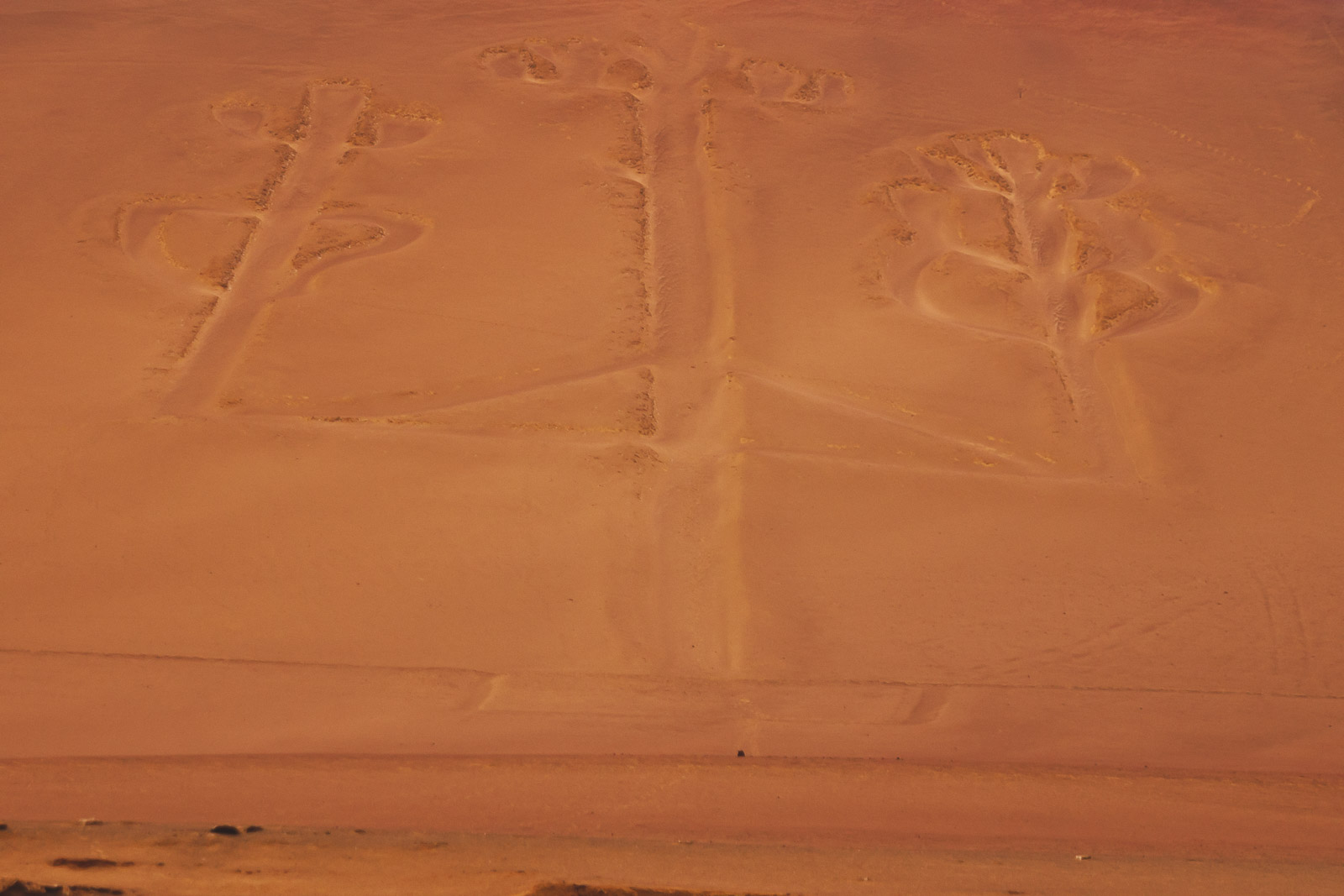
Is it ancient religious artwork? A constellation chart to track the stars? Or a long-lost alien landing strip? The Nazca Lines remain one of the world’s greatest mysteries. Despite years of research, the purpose behind these impressive geoglyphs continues to elude archaeologists.
The Nazca lines, created between 500 BCE and 500 CE, consist of over 800 straight lines and 300 geometric patterns including triangles and spirals. These incredible creations provide insight into the ancient civilization that flourished in the region.
2. Coca Leaves Are Great for Your Health
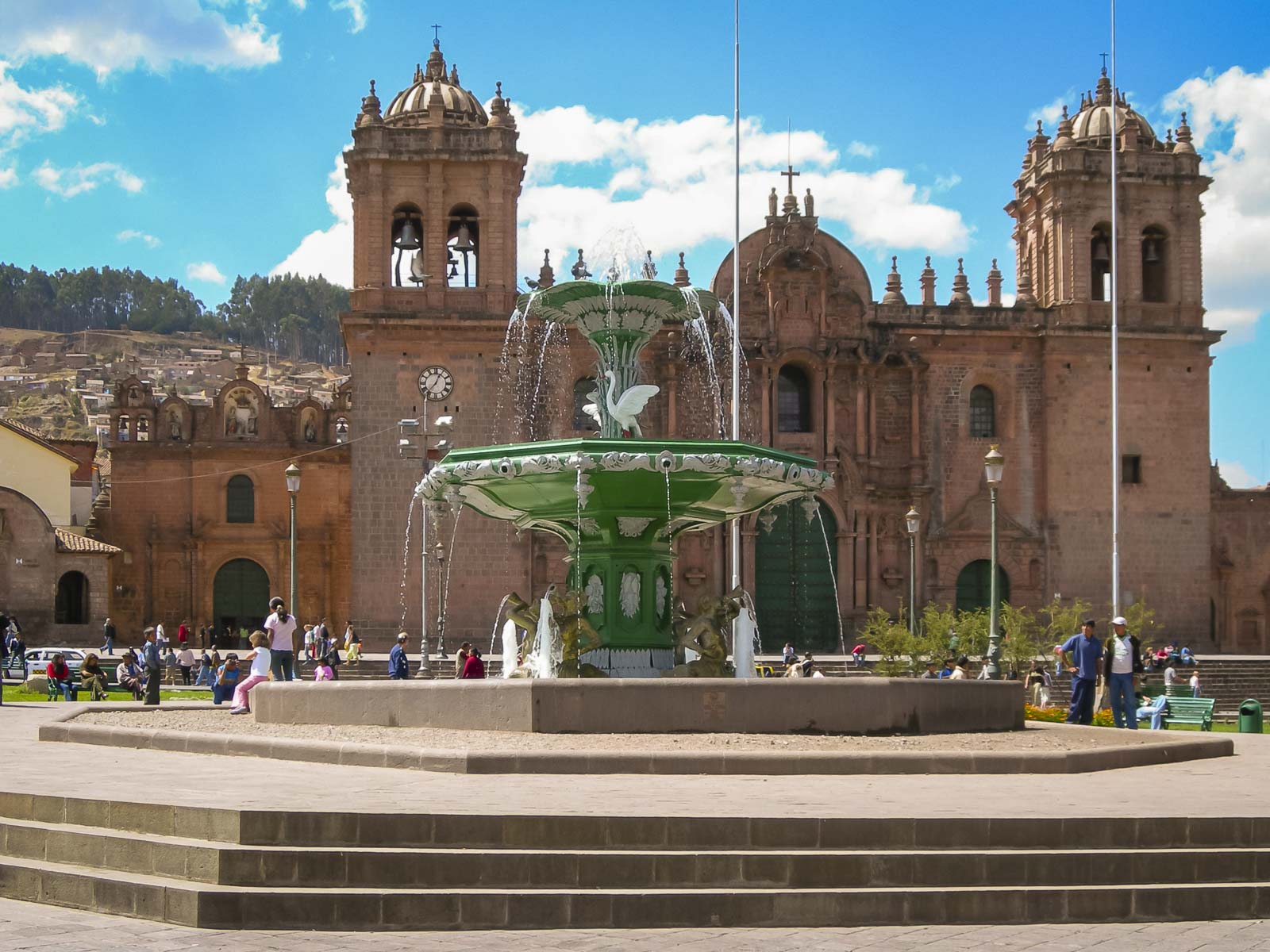
Peru’s native coca plant offers a range of health benefits in its natural form. When trekking high in the Andes Mountains, coca leaves can ease altitude sickness. Coca tea is commonly consumed to help acclimatize visitors to the elevation, making it popular among travelers.
Rich in Vitamin B and C, the leaves assist in pain relief and providing energy. Their historical use dates back to the Incas, who regarded coca leaves as sacred.
3. Peru Gave Us Potatoes & Tomatoes
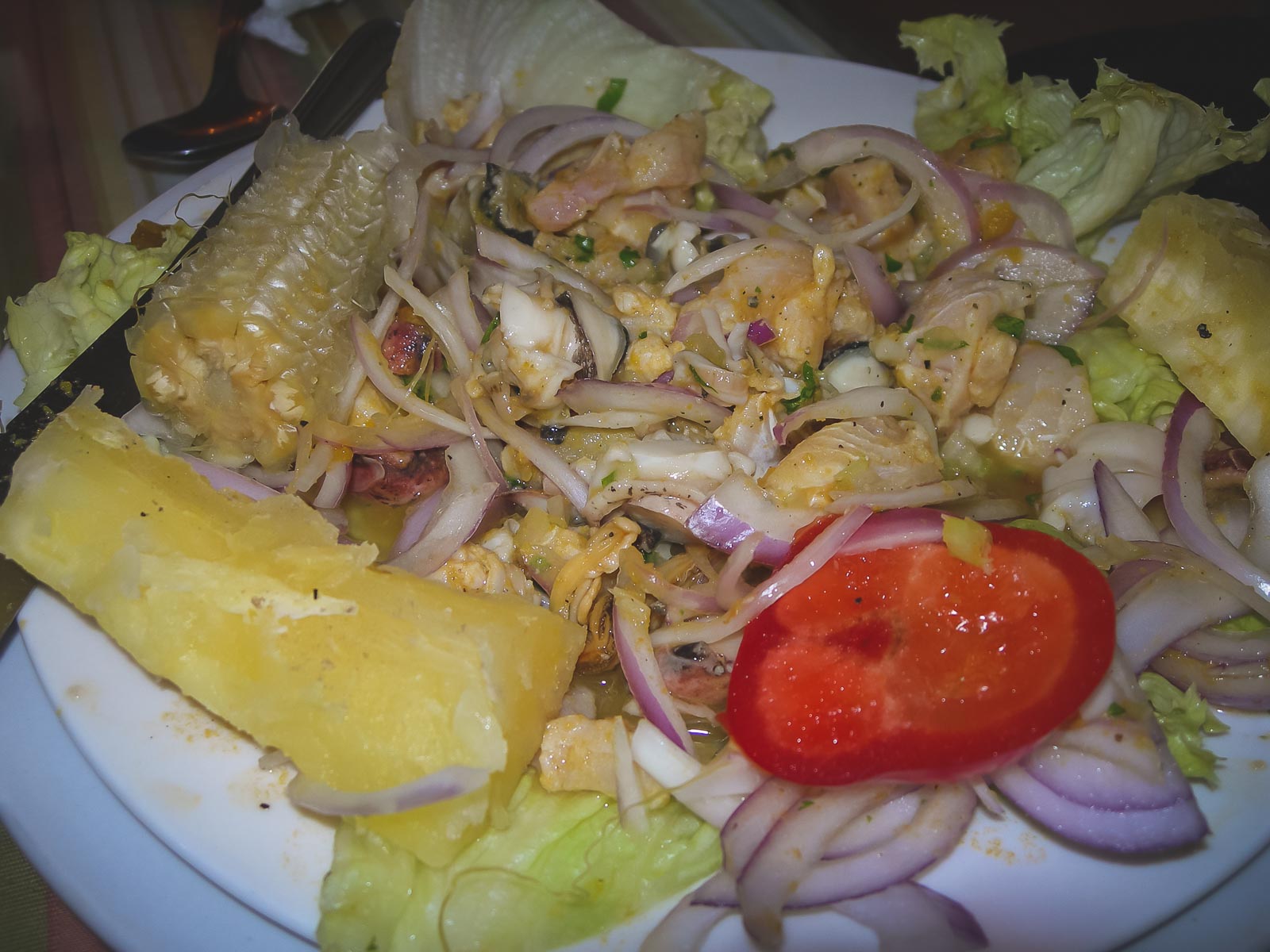
It’s hard to imagine life without potatoes and tomatoes, but these staples were virtually unknown outside South America until the 1500s. Peru boasts over 3,000 varieties of potatoes, which are deeply embedded in the local culture.
Interestingly, tomatoes were once feared in Europe, mistaken for toxic plants. It wasn’t until the 1800s that they became accepted as a delicious culinary staple.
4. Peru’s Geography Is Astoundingly Diverse
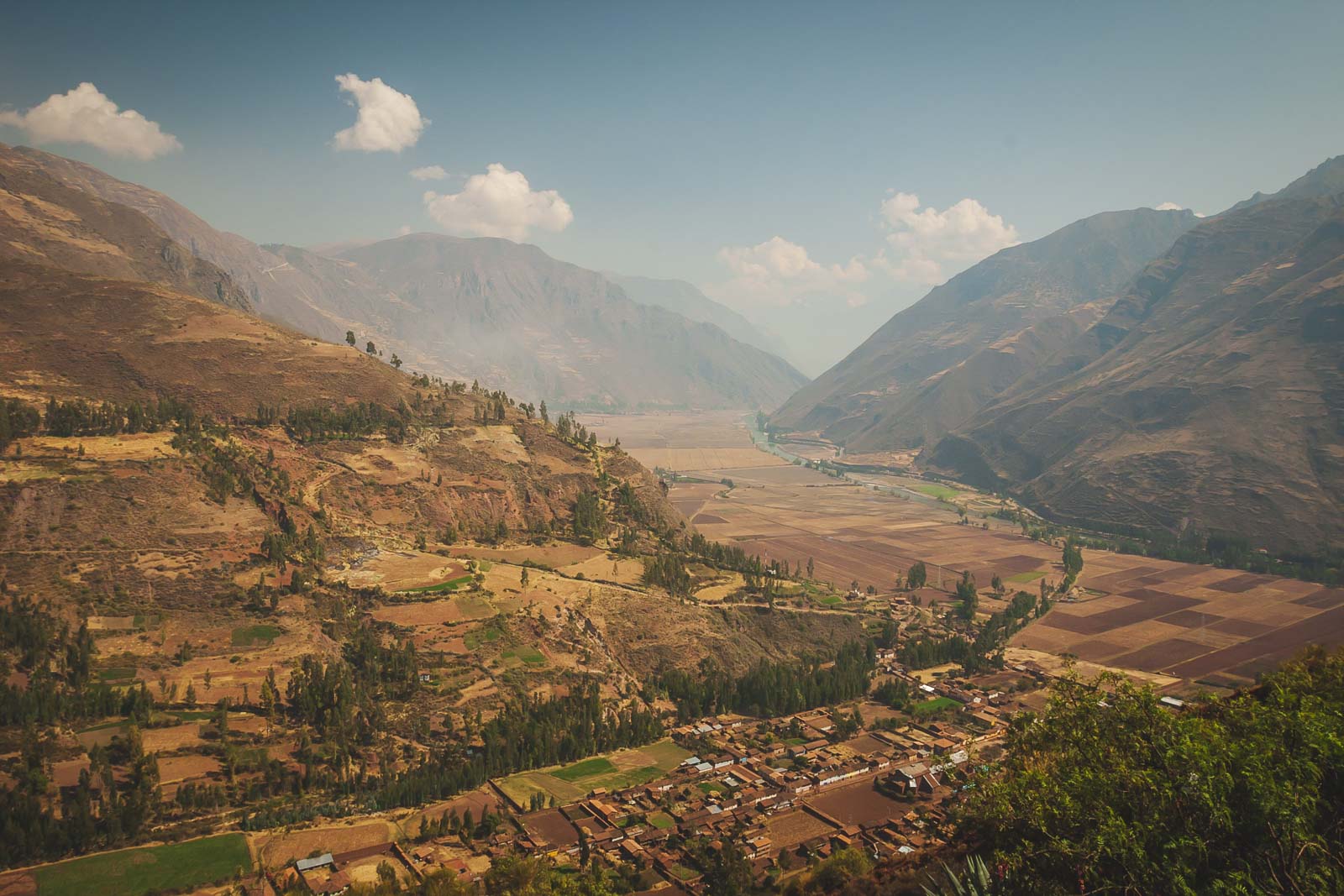
Peru is a geographical wonderland featuring arid deserts, soaring mountain peaks, and lush rainforests. The Andes, the longest mountain range globally, is integral to Peru’s stunning landscape, which houses rich biodiversity and various ecosystems.
5. The Atacama Desert
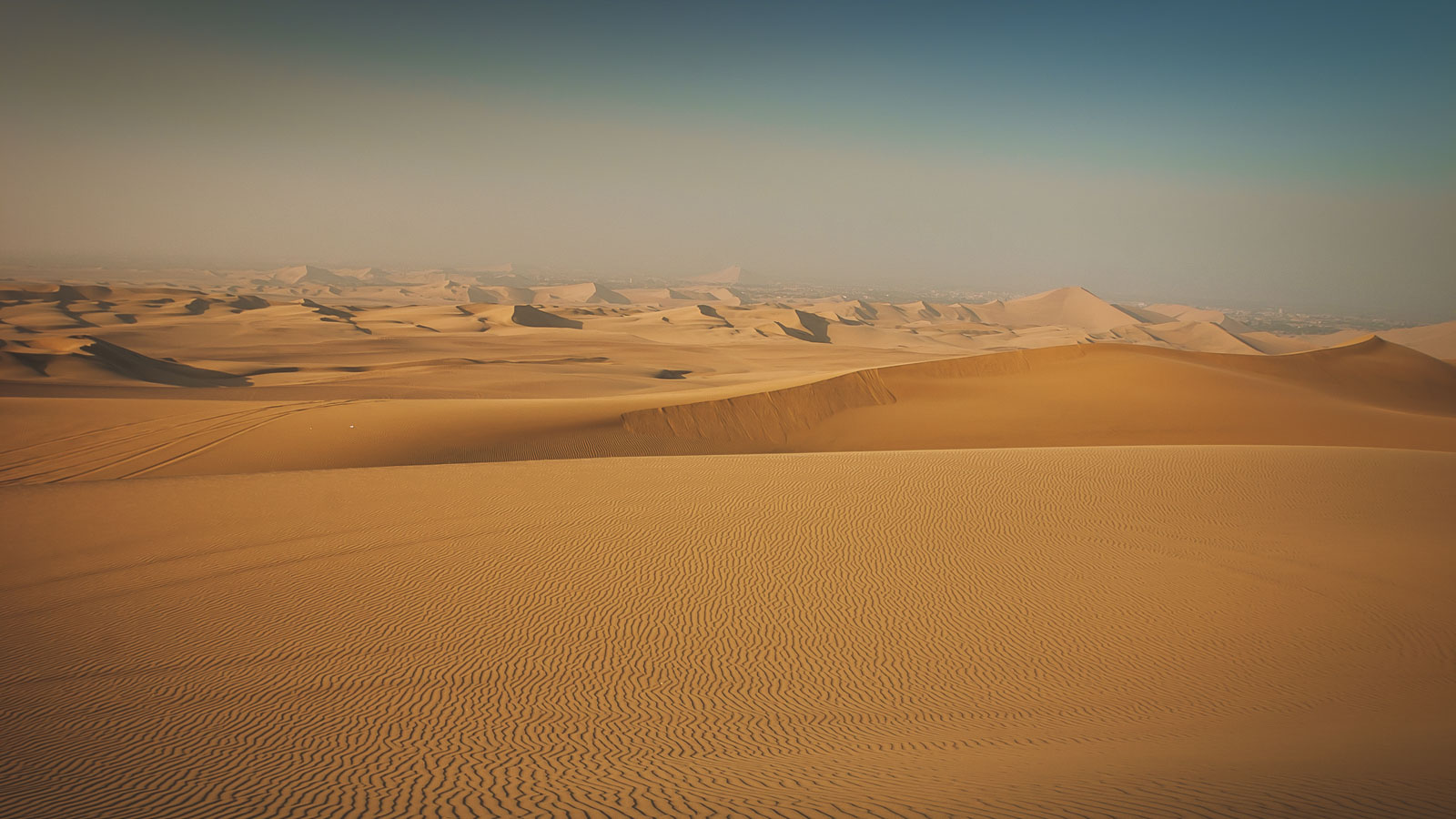
The Atacama Desert, straddling Peru and Chile, is not only the driest place on earth but also features otherworldly landscapes often compared to Mars. The unique climatic conditions allow for the preservation of ancient geoglyphs and archaeological remains.
6. Cotahuasi Canyon
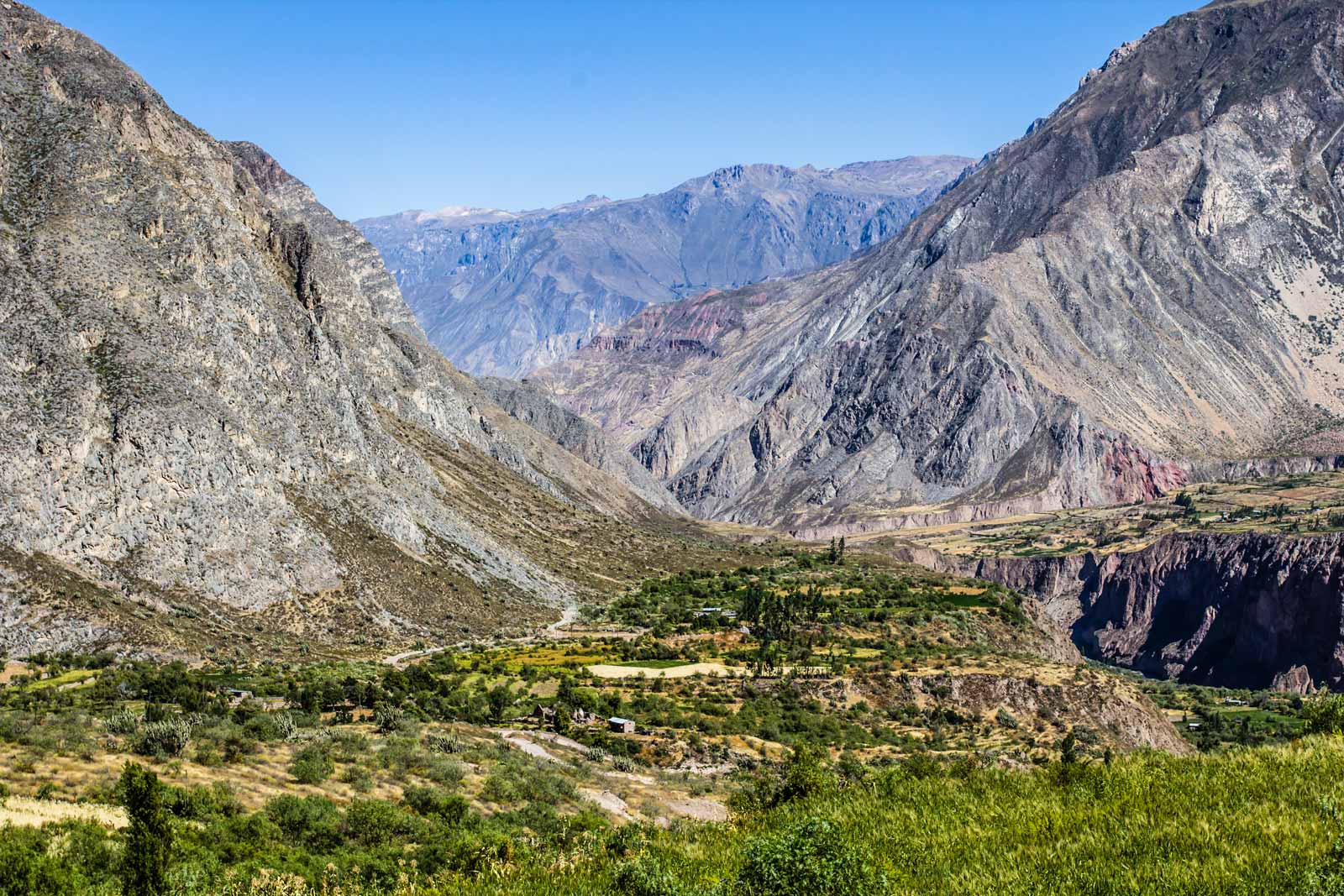
Cotahuasi Canyon is the deepest canyon in the Americas, reaching depths of over 11,000 feet. Despite being overshadowed by the more touristy Colca Canyon, it is a haven for adventure seekers and nature lovers.
7. The Amazon Rainforest
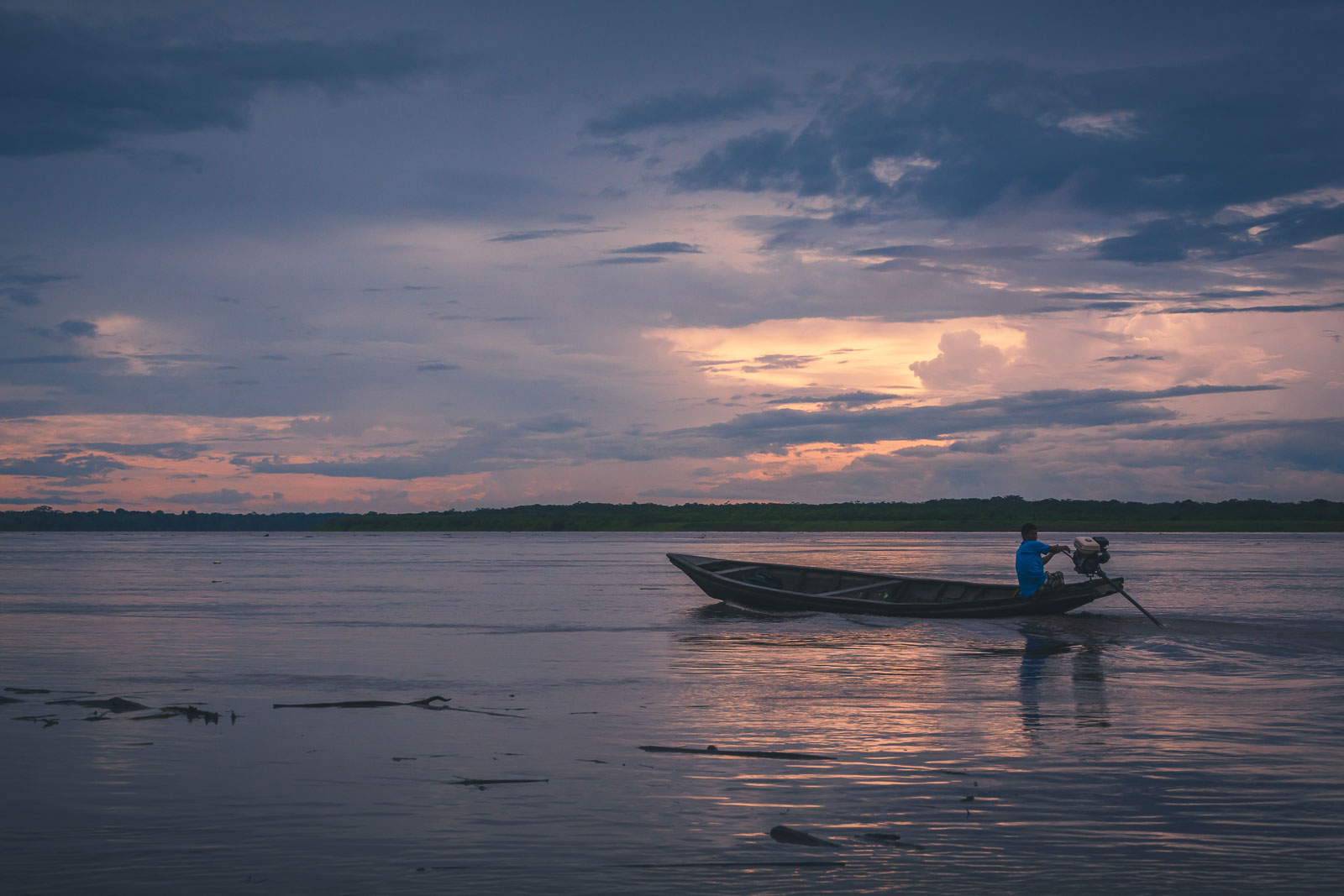
Peru is home to a significant portion of the Amazon rainforest, which plays a crucial role in sustaining global biodiversity. This vast ecosystem houses more species of plants and animals than any other region on earth.
8. Lake Titicaca
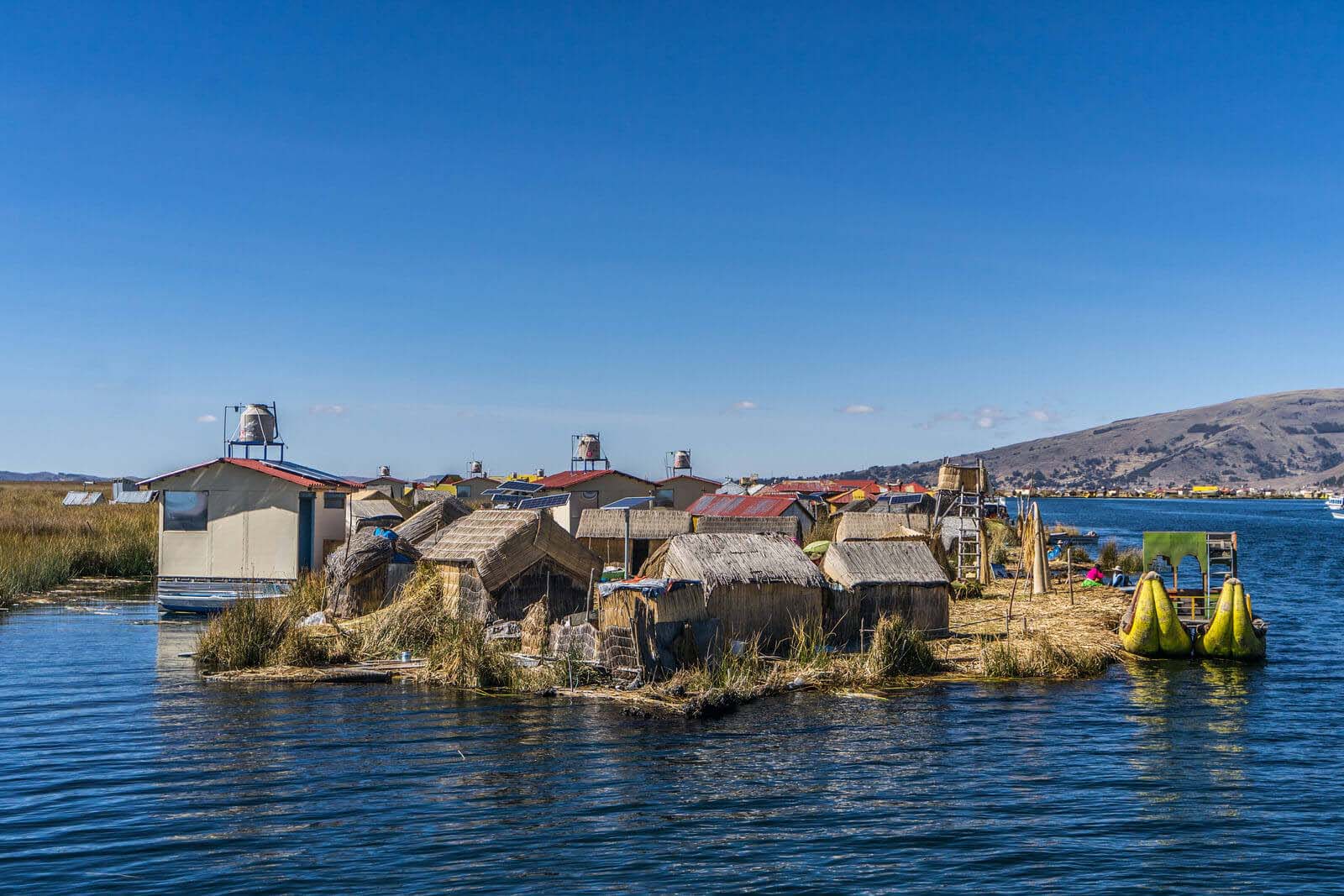
Lake Titicaca, located at over 12,500 feet above sea level, is considered the highest navigable lake in the world. It is rich in myths and home to the floating islands of the Uros people, showcasing unique traditional lifestyles.
9. Rainbow Mountain
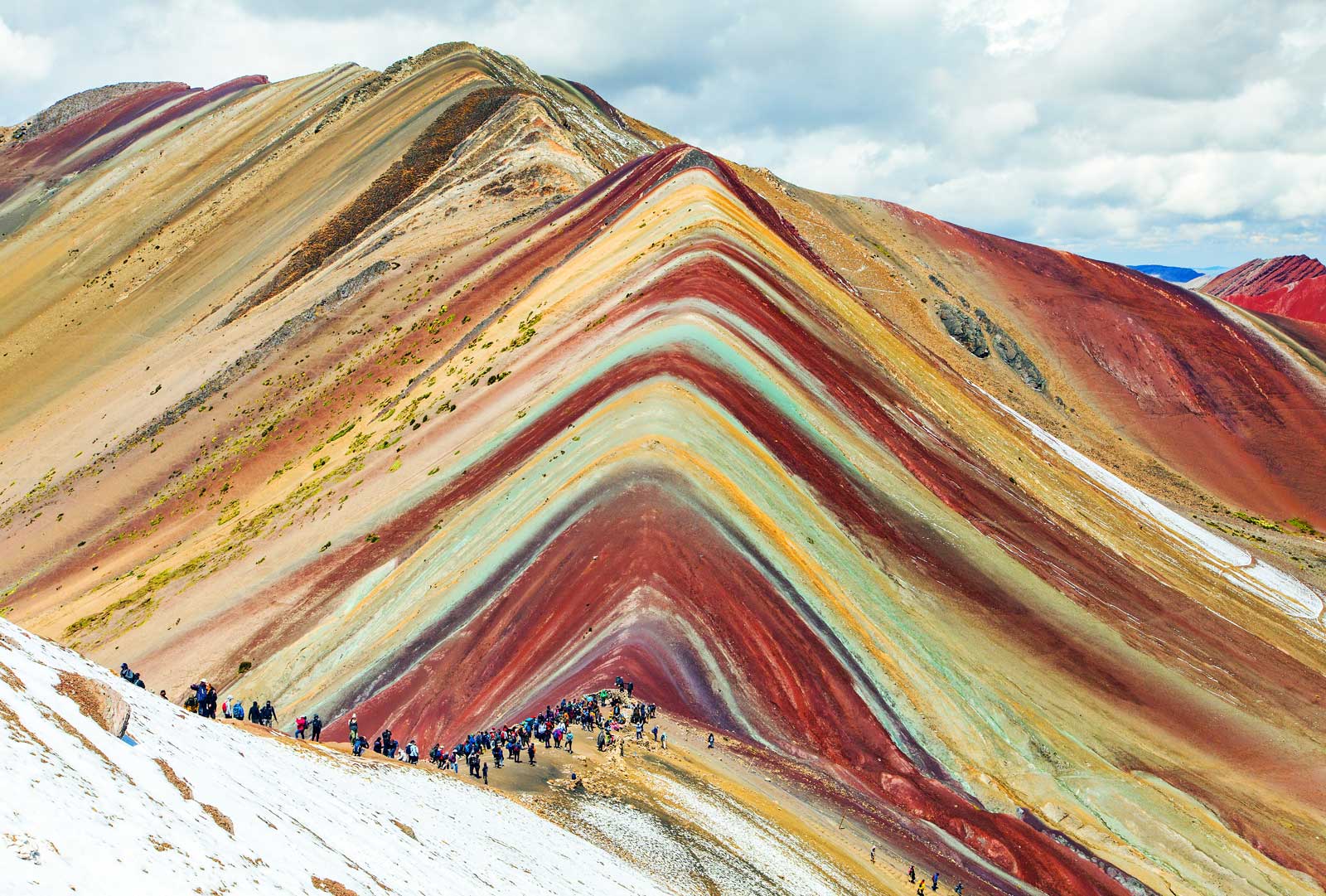
Rainbow Mountain, or Vinicunca, is famous for its vibrant, multi-colored layers exposed due to erosion. This stunning natural wonder has quickly gained popularity among tourists drawn to its picturesque beauty.
10. Cerro Blanco Sand Dune
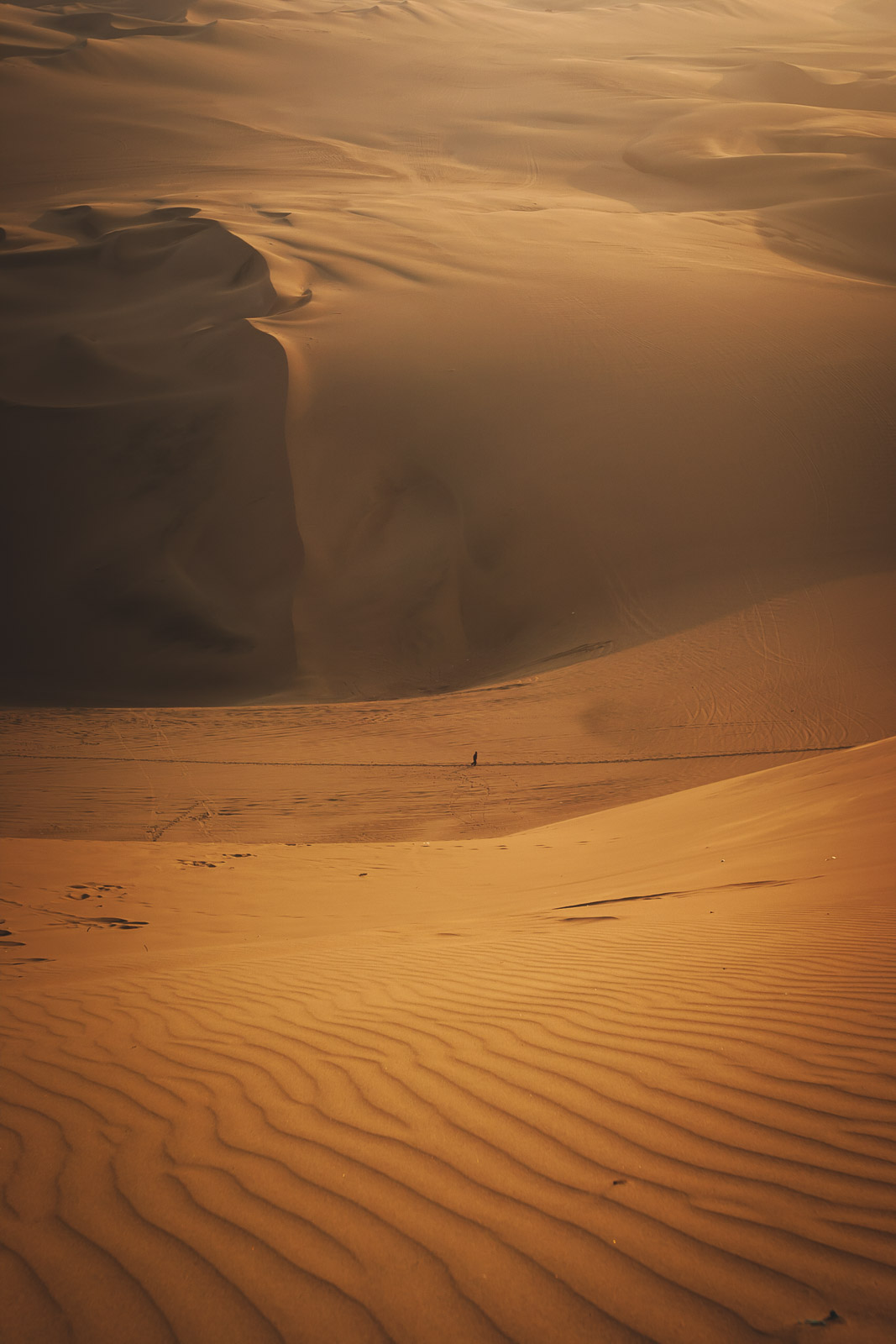
Cerro Blanco is recognized as the highest sand dune globally, standing at over 3,800 feet. Adventure enthusiasts flock to this dune for sandboarding and breathtaking views of the surrounding desert landscape.
11. Machu Picchu Is a Wonder of the World
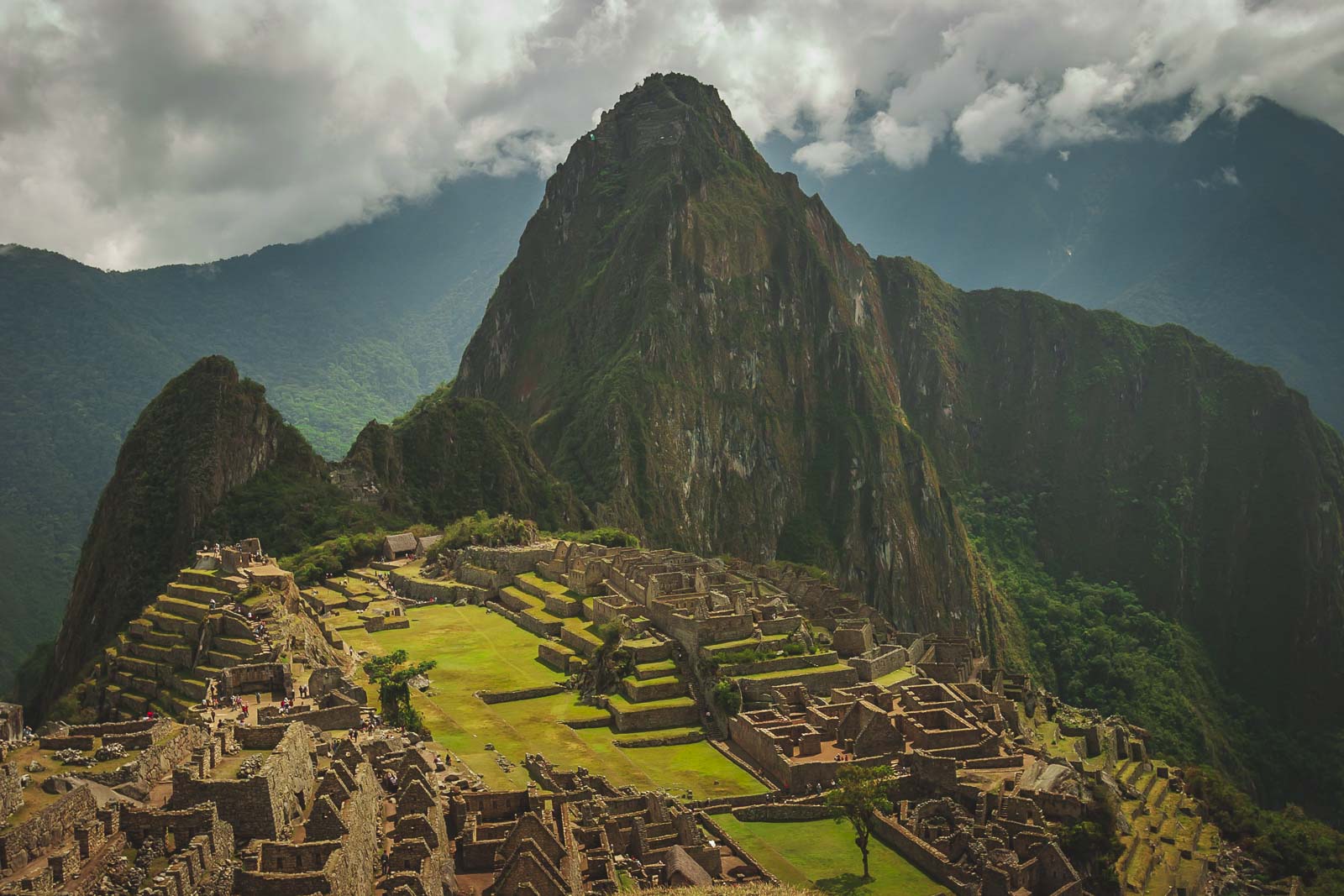
Machu Picchu is perhaps the most iconic symbol of Peru and a UNESCO World Heritage site. This city high in the Andes encapsulates the ingenuity of the Inca Civilization and remains a bucket-list destination for travelers worldwide.
12. The Quechua People Have Interesting Marriage Customs
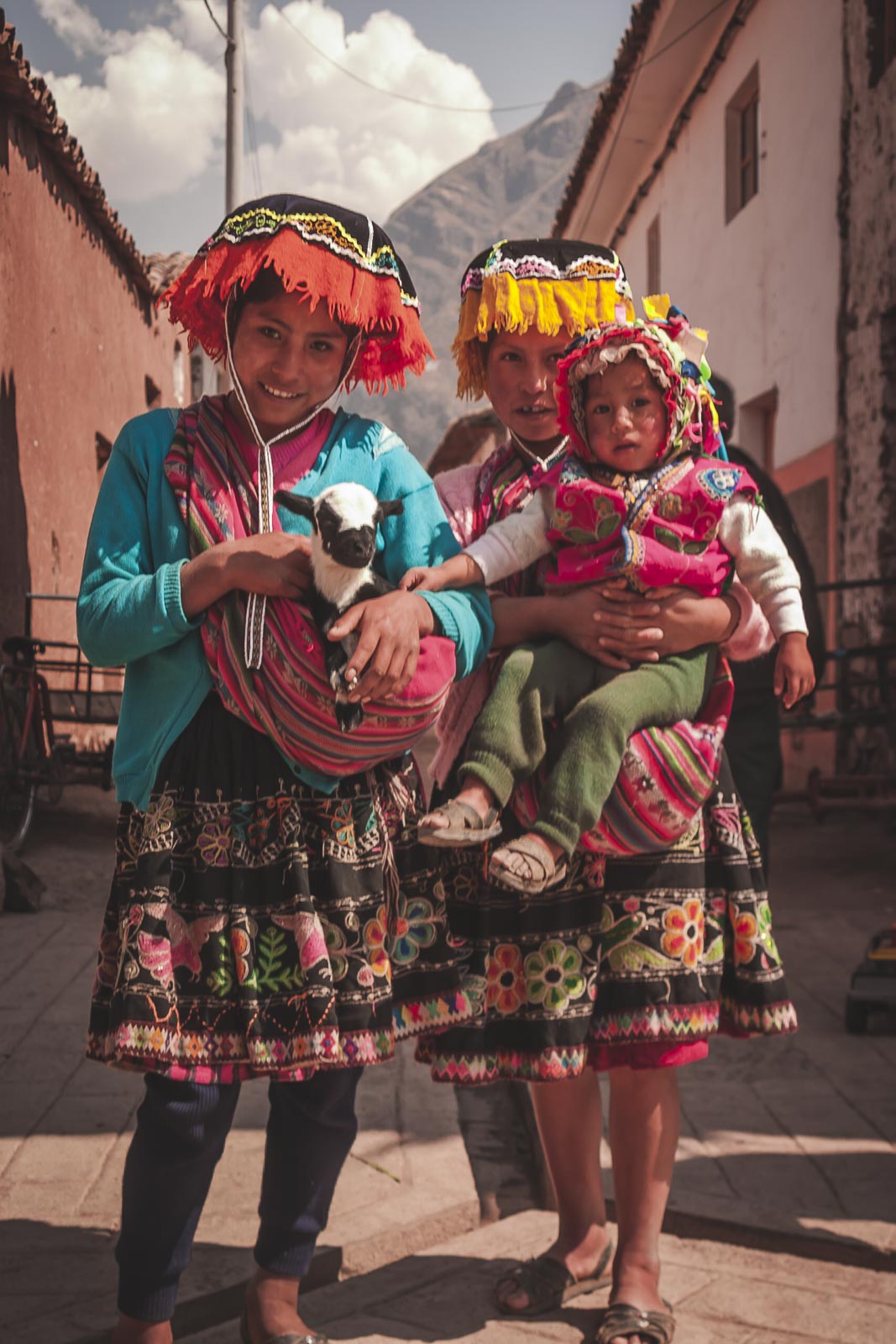
The Quechua culture is rich in traditions, including their unique approach to marriage. Their practice of “trial marriage” allows couples to live together freely before making formal commitments.
13. The Bizarre Elongated Skulls of Paracas
The Paracas Peninsula is notable for its revealing discoveries of elongated skulls that challenge our understanding of ancient cultures. These cone-shaped skulls are believed to stem from a practice of head binding prevalent among the Paracas people.
14. Guinea Pigs are not Pets in Peru
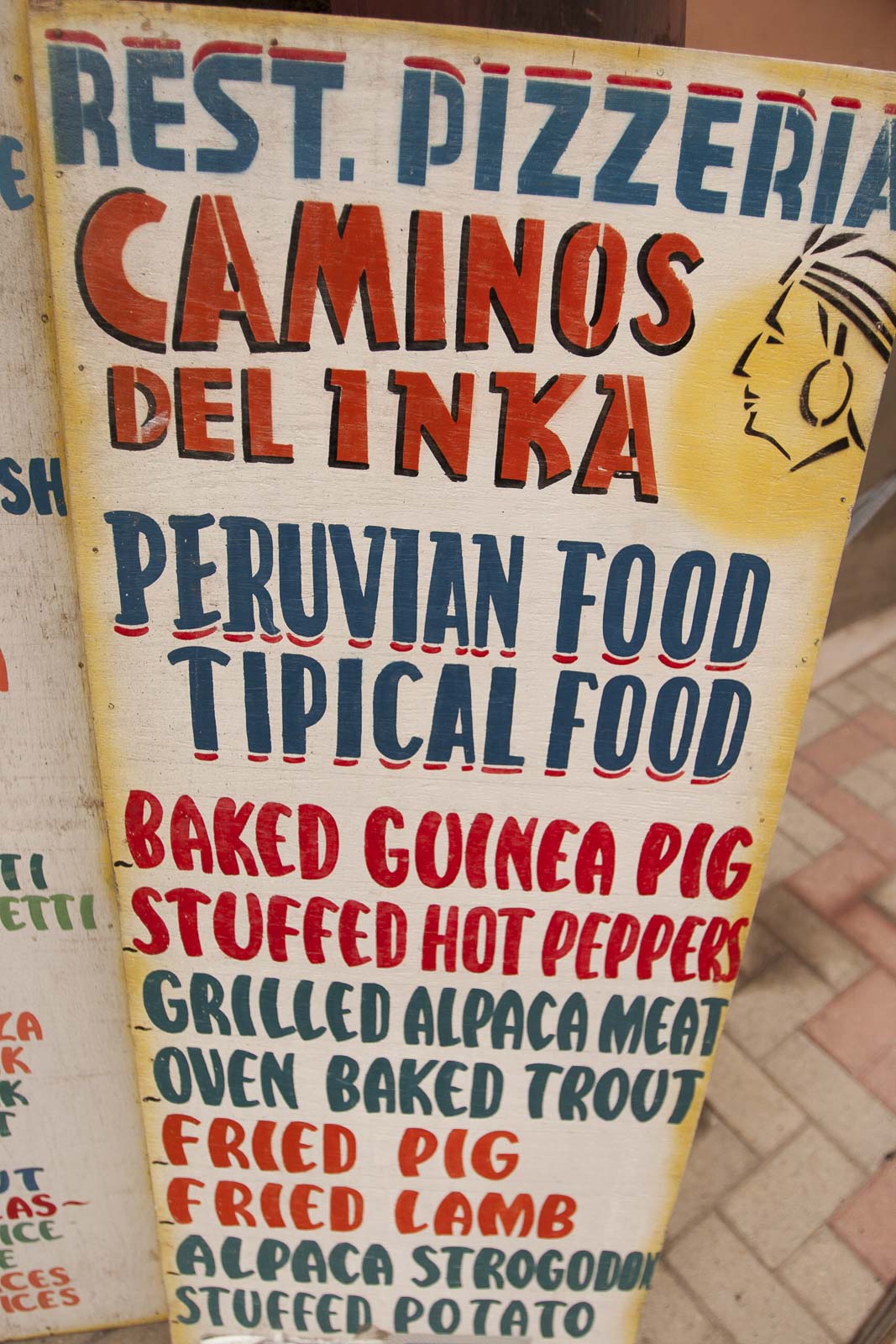
In Peru, guinea pigs are enjoyed as a culinary delicacy rather than kept as pets. Known as cuy, they are featured prominently in traditional dishes and are often seen at celebrations and festivals.
15. Traditional Peruvian Poncho
The traditional Peruvian poncho is not merely clothing; it is an emblem of cultural identity. Crafted with care, each poncho reflects the unique artistry of the region it represents.
16. There are Three Official Languages in Peru
In addition to Spanish, the recognition of Quechua and Aymara as official languages reflects Peru’s cultural diversity. These languages are essential for preserving the rich heritage of indigenous populations.
17. The Capital City of Peru is Lima
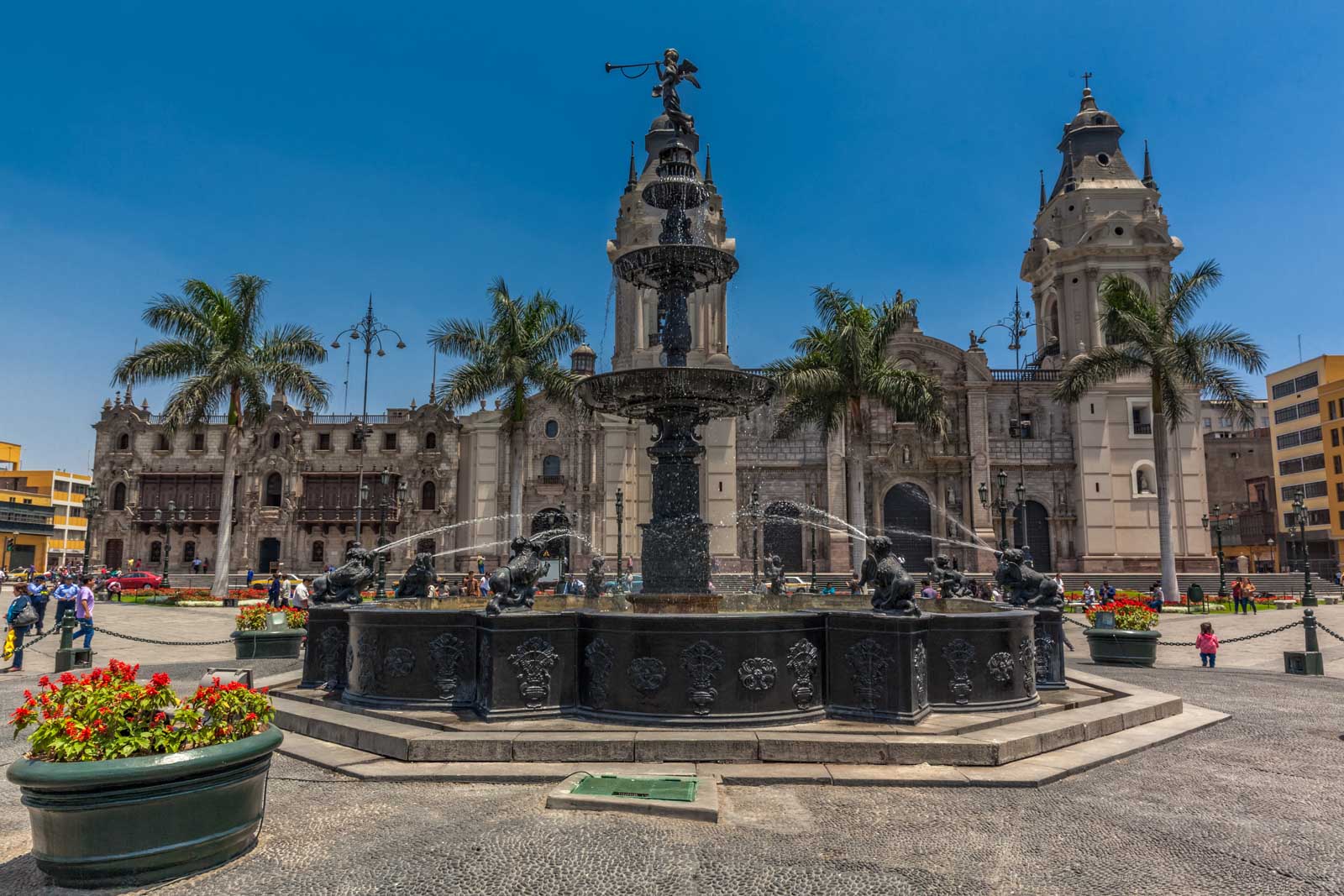
Lima, founded in 1535, is a bustling metropolis filled with historical sites, vibrant culture, and exquisite culinary offerings. The capital serves as a gateway for countless visitors exploring the wonders of Peru.
18. The Inca Civilization
The Inca Empire was the most extensive empire in pre-Columbian America, known for its remarkable innovations in architecture and agriculture. Its cultural legacies continue to influence modern Peruvian society.
